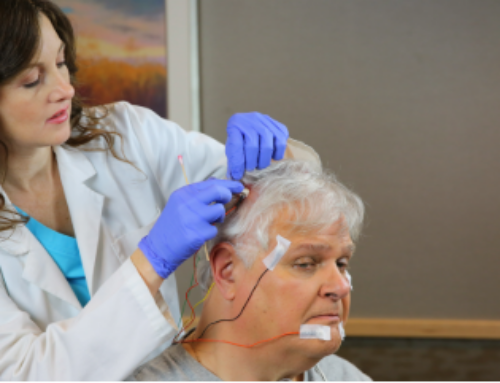Today the FDA issued a new safety announcement and consumer update about some common sleeping pills used to treat insomnia. The FDA is requiring drug makers to lower the recommended doses for products that contain the drug zolpidem.
The FDA is concerned that the current dose recommendations may be too high. As a result, some people may still be drowsy the morning after taking a sleeping pill. This can be a health and safety risk, especially while driving.
This risk of drowsiness may be higher among women. The risk also may be greater for people who take the extended-release form of zolpidem.
The new dose limits apply to the following medications: Ambien, Edluar and Zolpimist:
- Dose lowered from 10 mg to 5 mg for women.
- Doctors also should consider prescribing the lower dose of 5 mg for men.
Ambien CR (extended-release):
- Dose lowered from 12.5 mg to 6.25 mg for women.
- Doctors also should consider prescribing the lower dose of 6.25 mg for men.
Intermezzo:
- No changes. Labeling already recommends a lower dose for women than men.
Like any other drug, sleep medications may cause some side effects. A few years ago the FDA asked drug makers to add stronger warnings to sleeping pill labels. Possible side effects include allergic reactions and complex behaviors such as sleep driving and sleep eating.
The American Academy of Sleep Medicine advises you to talk to your doctor if you have insomnia. He or she will determine the cause of your sleep problem. Insomnia is a complex sleep disorder that can have many causes. These include depression, shift work and stress. Insomnia also can be caused by another medication, medical problem or sleep illness.
Once the cause is known, your doctor will decide which treatment for insomnia is best for you. Cognitive behavioral therapy is one option that produces long-lasting results for many people with insomnia. You can visit the website of the Society of Behavioral Sleep Medicine to find a behavioral sleep medicine provider who can offer CBT-I.
Sleep medications are another option. Follow AASM’s Ten Safety Tips for Taking Sleeping Pills for Insomnia to make sure that you use sleep medications safely and properly.
WARNING: Complex sleep behaviors such as sleepwalking or sleep driving can occur when you take a sleeping pill. Read this Consumer Update from the FDA to learn about these safety risks.
To get help for chronic insomnia, your doctor may refer you to the sleep team at an AASM-accredited sleep center.
Updated May 6, 2019





